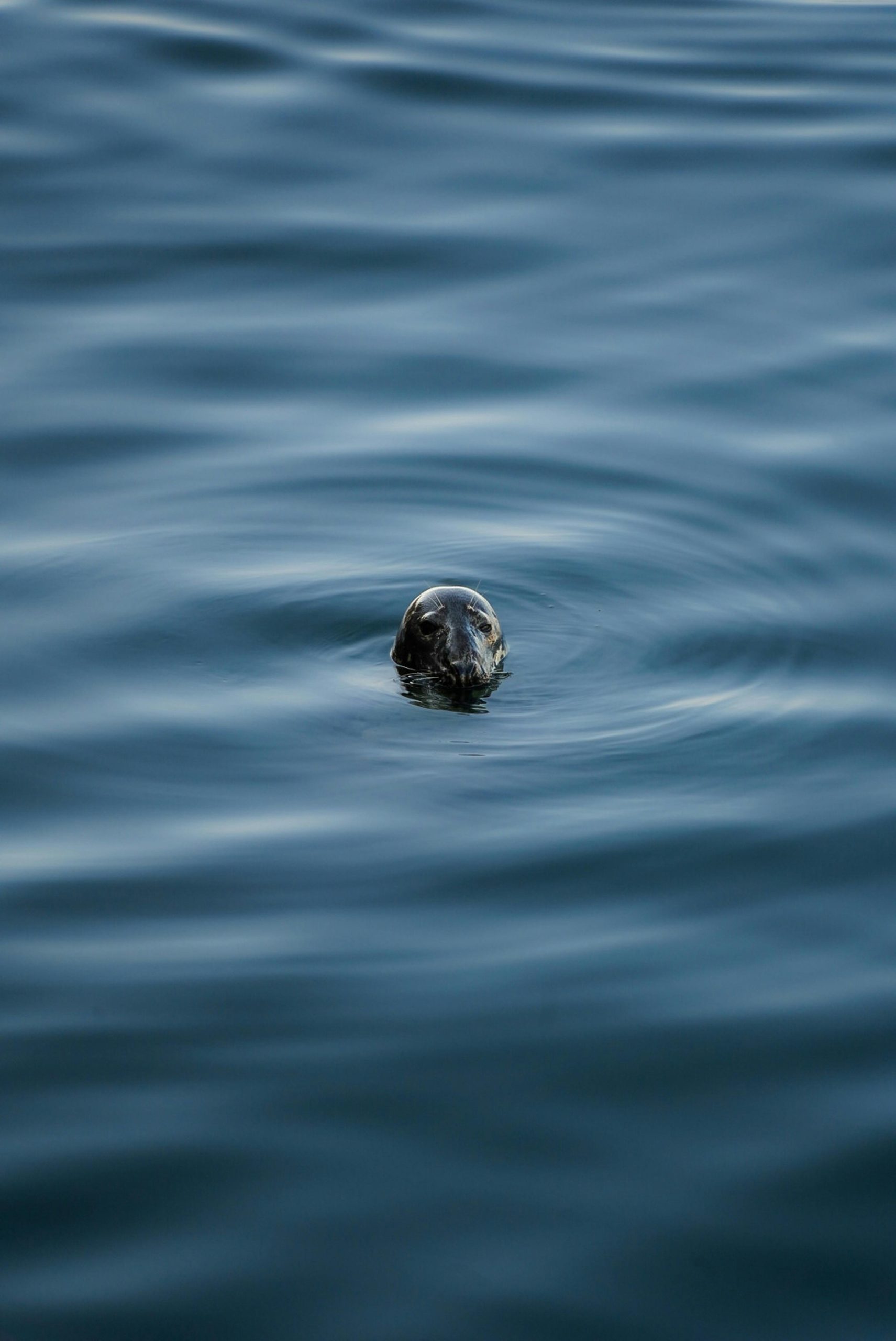Your cart is currently empty!

Steven Coulson
Steven has been drinking beers, wines and spirits for decades and has a propensity to go about them at length after a few drinks.
Latest Posts
- My wife found out our favorite Gin for martinis was discontinued. I think we are good for a while…

- Oregon Road Trip: Freeland Spirits Garden Botanicals Gin

- Botanist with Trader Joe’s Lemon and Elderflower Soda

- I’m one of the worlds leading buyers of craft gin in the world and a international spirit judge AMA

- I’m blown away…. By how let down I am by this Gin.

Categories
Tags
Social Links

The Psychoactive Potential of Hops: A Fresh Perspective on Hoppy Beers
In the world of craft beer, discussions about flavor profiles, bitterness, and alcohol content often take center stage. However, there’s an intriguing aspect of hops that deserves more attention—its potential psychoactive effects. While some may dismiss this idea outright, my personal experiences lead me to believe that hops can indeed influence our mental state.
In a previous post, I shared my appreciation for India Pale Ales (IPAs) with high International Bitterness Units (IBUs). Interestingly, the feedback I received varied greatly. Some beer enthusiasts echoed my sentiments, while others believed that the higher alcohol content in certain brews might be what I was responding to instead of the hops themselves.
Curious to delve deeper, I decided to engage in some personal experimentation. I discovered that “Cold” IPAs, which have lower hop content but boast alcohol levels similar to many West Coast IPAs, didn’t give me the same fulfilling experience. Conversely, Imperial IPAs, despite their excessive alcohol percentages, lacked the hoppy kick I craved. In contrast, a well-crafted West Coast IPA with a moderate alcohol level left me feeling invigorated and satisfied.
What stands out to me is not merely the alcohol buzz, but rather a distinct, cerebral sensation that these hoppy beers impart. It’s more energetic and uplifting, suggesting that there may be more at play than meets the eye.
This leads me to theorize about the psychoactive nature of hops. It’s possible that the fermentation process enhances the bioavailability of hop compounds, with alcohol potentially acting as a catalyst. This raises fascinating questions about why hops have been a staple in brewing for centuries. Historically, beer didn’t always contain hops, yet once their benefits were realized, they became an integral part of the brewing tradition across the globe. There must be compelling reasons for their long-standing popularity.
I don’t believe that my reactions stem from a sensitivity to hops—there are no unpleasant symptoms like hives or itching, just an undeniable sense of euphoria.
As we continue to explore the multifaceted world of craft beer, it’s worth considering not only the flavor profiles but also the complex interactions that hops might have on our minds and bodies. This exploration opens up a new realm of appreciation for one of beer’s most essential ingredients.
Could it be that hops deserve a place in the conversation around the psychoactive effects of beer? I invite fellow beer lovers to join in and share
